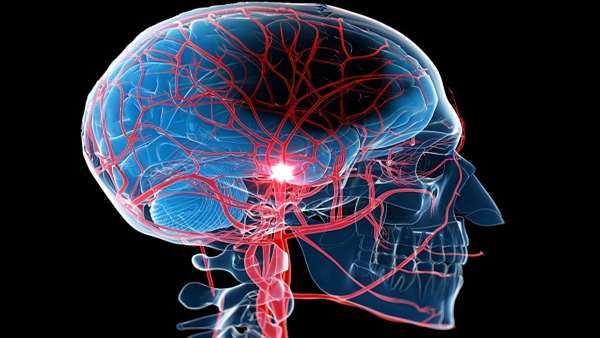Trial Results Supports Endothelial Progenitor Cell Therapy for Stroke Patients
Currently approved treatments for acute ischemic stroke, a leading cause of death associated with persistent disability [1], suffer from a narrow treatment time‐window and benefit to only a small patient subset [2].
Currently approved treatments for acute ischemic stroke, a leading cause of death associated with persistent disability [1], suffer from a narrow treatment time‐window and benefit to only a small patient subset [2]. Neurorestoration via stem cell therapy represents a promising approach [3, 4] and endothelial progenitor cells (EPCs) may promote endothelial repair and angiogenesis, thus enhancing the neuroplastic effect and providing for better neurological outcomes [5].
Now, researchers from the laboratories of Zhenzhou Chen and Xiaodan Jiang (Southern Medical University, Guangzhou, China) have assessed the safety and feasibility of the autologous transplantation of ex vivo expanded EPCs derived from the bone marrow of human patients with acute ischemic stroke. Fang et al. now report inSTEM CELLS Translational Medicine that EPCs appear to improve long-term quality of life and survival in acute cerebral infarct patients, thereby providing support for the feasibility of this stroke treatment approach [6].
Here are the details on this first of its kind trial:
- The trial comprised a two‐center, randomized, placebo‐controlled phase I/IIa trial with blinded outcome assessment on 18 patients with acute cerebral infarct within the middle cerebral artery territory with a follow up of four years
- Treatment arms comprised three different intravenous transfusions
- Ex vivo expanded EPCs (formed extensive capillary‐like structures during in vitro tube formation assays indicating strong angiogenic ability)
- Autologous bone marrow stem cell (BMSC) control (no in vitro tube formation capabilities)
- Saline placebo control
- The study observed no adverse effects related to infusions, suggesting the overall safety of EPC infusion
- Three patients from the control group died during follow-up
- EPC transfused patients displayed fewer serious adverse events than placebo
- Scandinavia Stroke Scale assessment at three months demonstrated neurological/functional improvements in patients treated with EPCS when compared to placebo-treated patients, suggesting some level of efficacy
- However, the study observed no other significant differences in neurological or functional improvements in response to EPCs or BMSCs
The trial data establish that EPC transplantation did not worsen existing neurological deficits, and provided data supporting EPC transfusion as a safe means to boost patient quality of life and survival in stroke patients. The authors note certain limitations related to small-scale trials and now hope to answer any doubts regarding the therapeutic value of EPCs to stroke patients in a larger phase II trial.
Reference:https://www.ncbi.nlm.nih.gov/pmc/articles/PMC6312444/





ارسال به دوستان